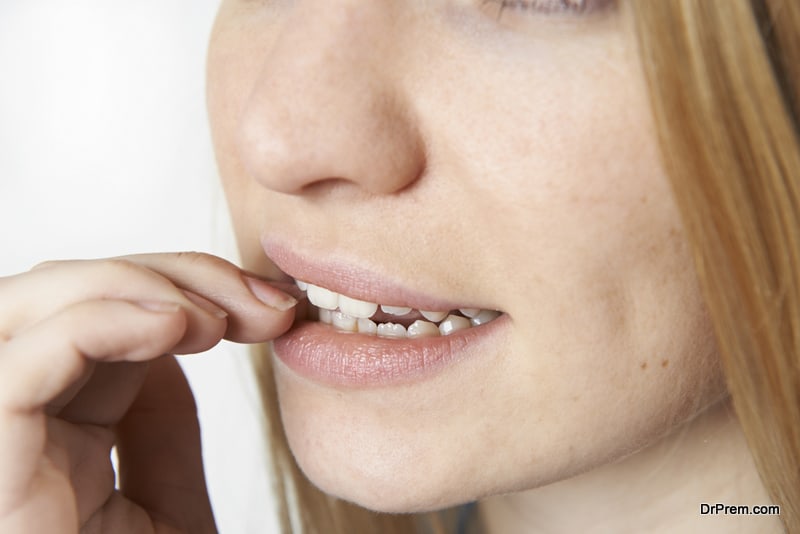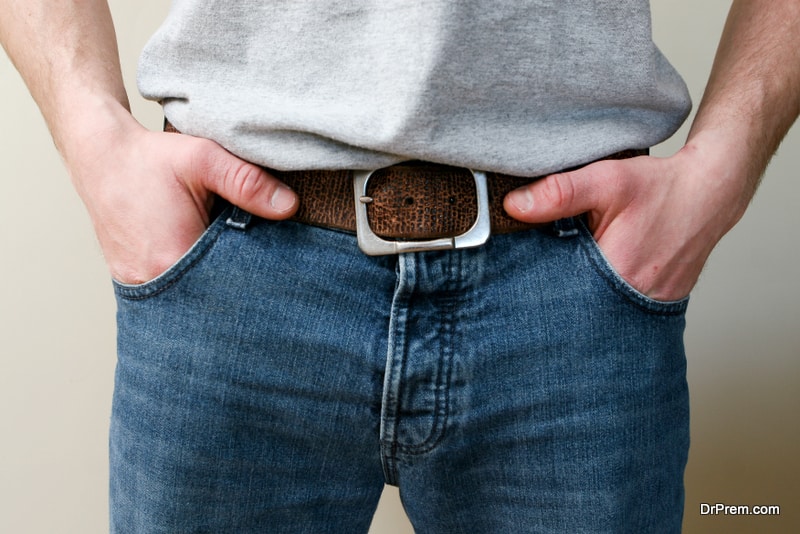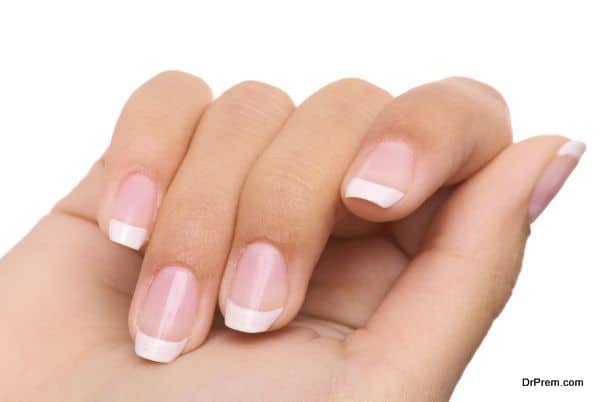You probably never notice when you are doing it, but biting your nails is a tough habit to break. Most often, this habit begins when you’re younger, but it can begin at any age or resurface when you are older. And while there’s no definite answer as to why someone develops this habit, there’s one thing that is certain — it’s difficult to manage. Once it becomes a habit, you’ll find that you’re absentmindedly biting your nails to find relief, concentrate or work out a problem. You’ll find that you’re biting your nails out of impatience, frustration, boredom when you’re concentrating or stressed and emotional.
The More Common Reasons for Nail Biting
It’s important that you know nail biting has been associated with some mental health conditions, such as:
- attention deficit hyperactivity disorder (ADHD)
- major depressive disorder (MDD)
- obsessive-compulsive disorder (OCD)
This isn’t to say that everyone who bites their nails has one of these disorders, but it certainly is possible that it’s associated with a psychological disorder. These disorders will make breaking the habit slightly more difficult, but it isn’t impossible. Sometimes by addressing the condition with a natural remedy before taking the steps towards breaking the habit will prove to be successful.
With this being said, there’s no long-term damage that comes from nail-biting, but there are some side effects that can become a problem and more uncomfortable such as, abnormal-looking nails, fungal infections, and increased illness from the bacteria and viruses under your fingernails. It’s likely you’ve already been dealing with soreness of the nails and bleeding cuticles.
Here’s How You Can Stop Biting Your Nails
Breaking any habit isn’t going to happen overnight, so it’s important that you are patient with yourself. It’s likely you will try many different methods before you find one that works best for you. In order to be successful, you’ll need to really want to make the change. With that in mind, here are some methods that will show you how to stop biting nails.
1. Determining Your Triggers

When you catch yourself biting your nails, think about how you are feeling at that very moment. This will help you uncover what triggers your nail-biting habit, whether it’s anxiety, boredom, or hunger. When you are able to spot the things you’re thinking or feeling you’ll be able to prepare alternative responses better. Self-awareness is key to breaking this habit.,
2. Keeping Your Nails Short
When your nails are long, it’s going to be hard to resist biting them and prevent ingrown nails. It won’t be as satisfying trying to bite nails that aren’t there. Be sure that you are getting regular manicures or trimming your nails every week to reduce temptation.
3. Find a Healthier Alternative

Replacing a habit with a healthier option often makes it easier to keep your hands out of your mouth. Keep your hands busy with a stress ball or fidget device, and keep your mouth busy with gum or a sucker. You could also try some of the following things,
- Putting your hands in your pockets
- Twiddling your thumbs
- Playing with a ball or an elastic band
- Clasping your hands together
- Eating a carrot
- Clipping or filing your nails instead
4. Make Your Nails Taste Bad
You’ve probably heard about the different methods of making them taste yucky to stop you from biting them. There are different options from hot sauce, rubbing peppers, and bitter nail polishes that you can use. This will, at the least, make you more conscious of when you are biting your nails.
5. You Have To Want It Bad Enough

The truth is, unless you want to stop, you won’t. Breaking this habit is going to be difficult. You need to find something that motivates you enough to want to break the habit — better-looking nails, or a sense of accomplishment.
6. Consider Cognitive Behavioral Therapy (CBT)
Cognitive behavioral therapy will help you identify behavior patterns so that you can replace them with better ones. By identifying negative or unhelpful thoughts, you can start changing your behavior.
Be patient with yourself. Change doesn’t happen overnight, and it’s likely you’ve been biting your nails for many years. If you have tried multiple times to quit but haven’t been able to, you should consider seeing a mental health provider. They may be able to help you deal with your stress, anxiety, or disorder that will change the behavior and finally break the habit.
Article Submitted By Community Writer




